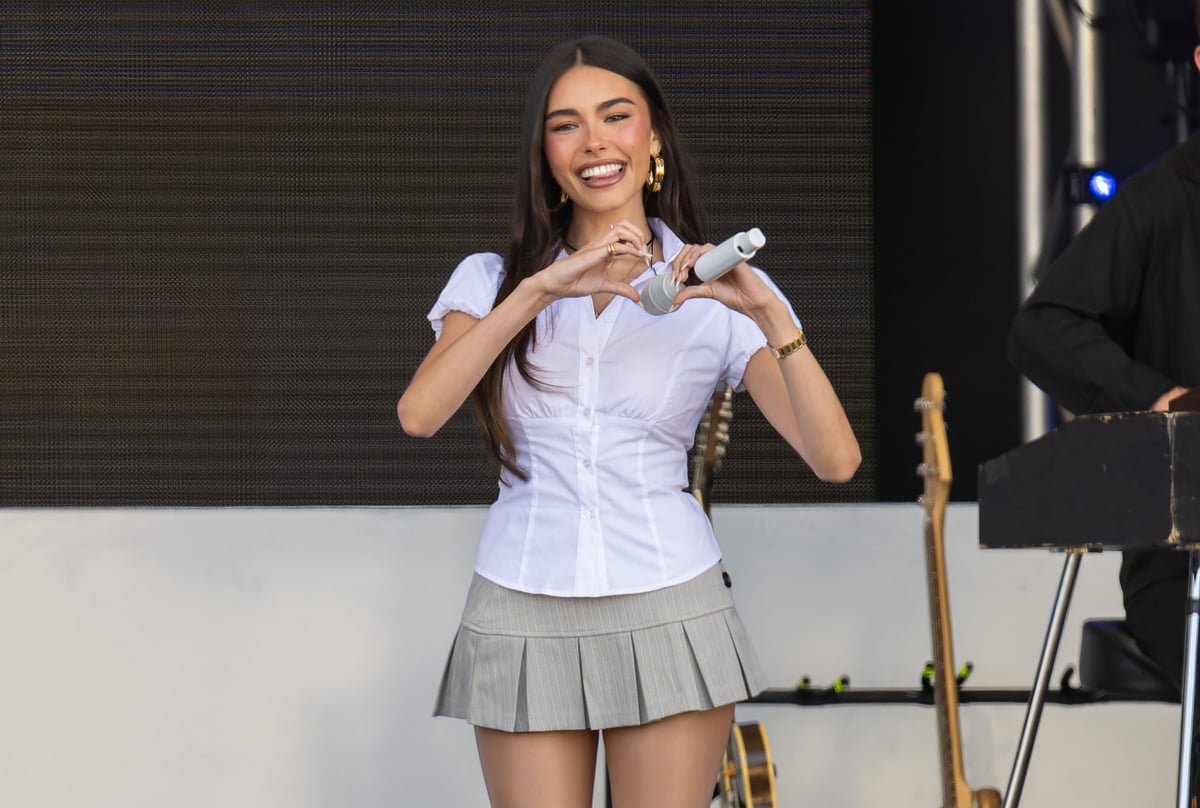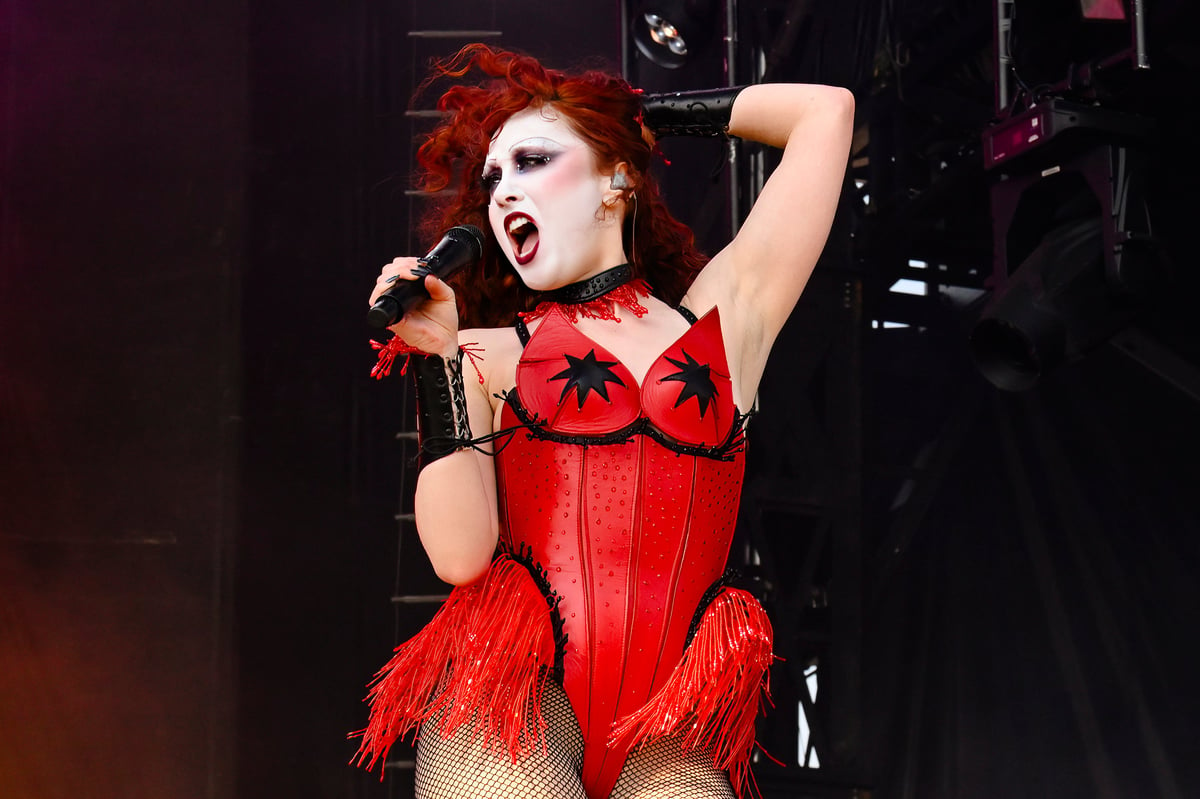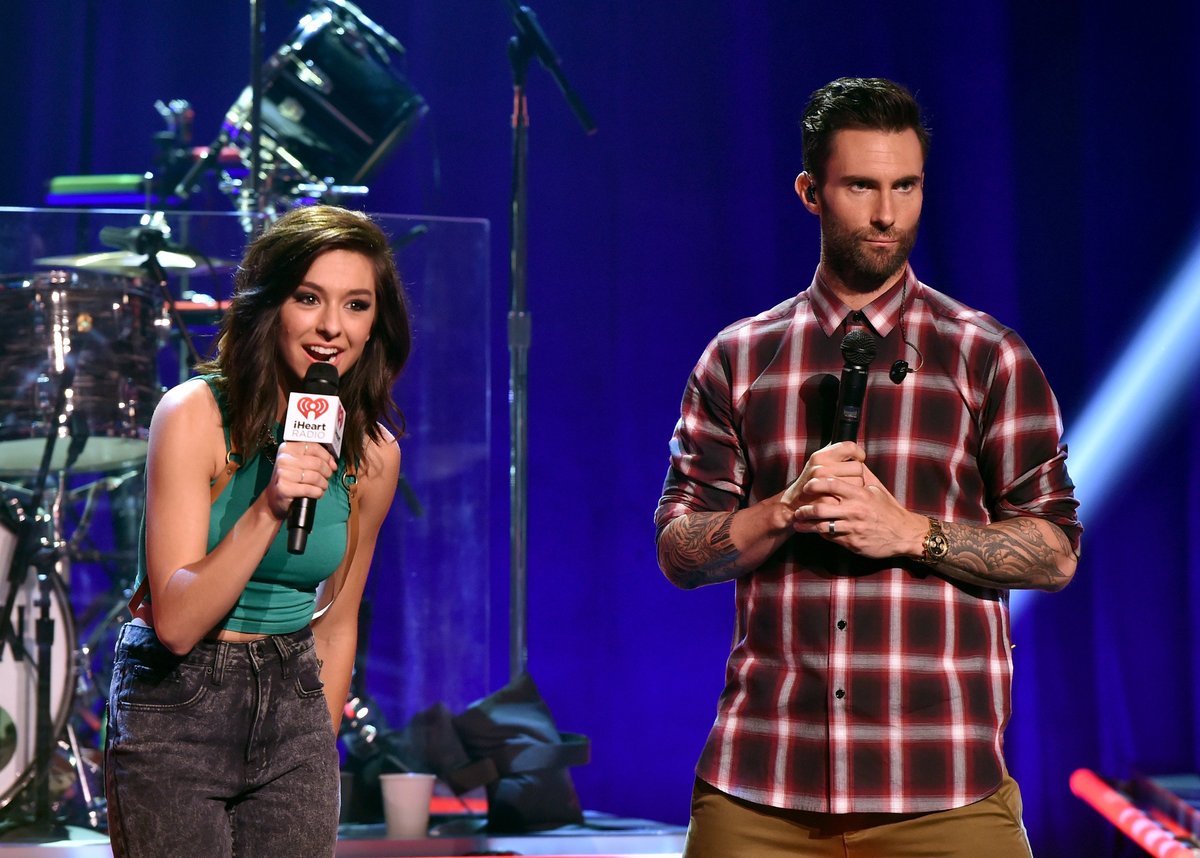
American singer Madison Beer recently asked fans for a favour amid her Australian tour: could they please refrain from asking for selfies?
It’s an unusual request from a pop star, especially in a world where fans often expect near-constant access to their favourite celebs. But it’s part of a growing conversation boundaries — one that’s becoming more and more relevant in today’s hyper-connected world.
The 25-year-old explained her request on Instagram, saying, "Helllloooo just comin' on here bc I've seen some people confused as to why I say no to photos etc at the hotels I'm staying at."
She continued, "While on tour, hotels are essentially my temporary home, and I'm entitled to some private time same as anybody else.
"I will also usually say no to pics etc in my hotel [because] it also then reveals the location to a lot of other people and unfortunately can put me in danger."
Her message was clear: she needs space to feel safe and protect her mental health, and she’s asking her fans to respect that.
 Madison Beer. Image: Getty
Madison Beer. Image: Getty




Top Comments